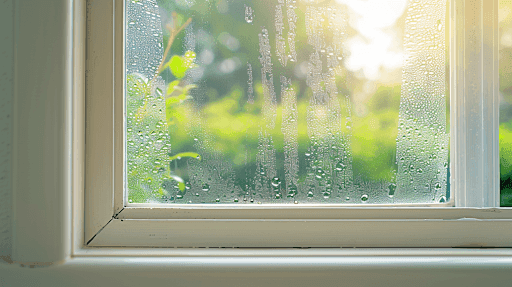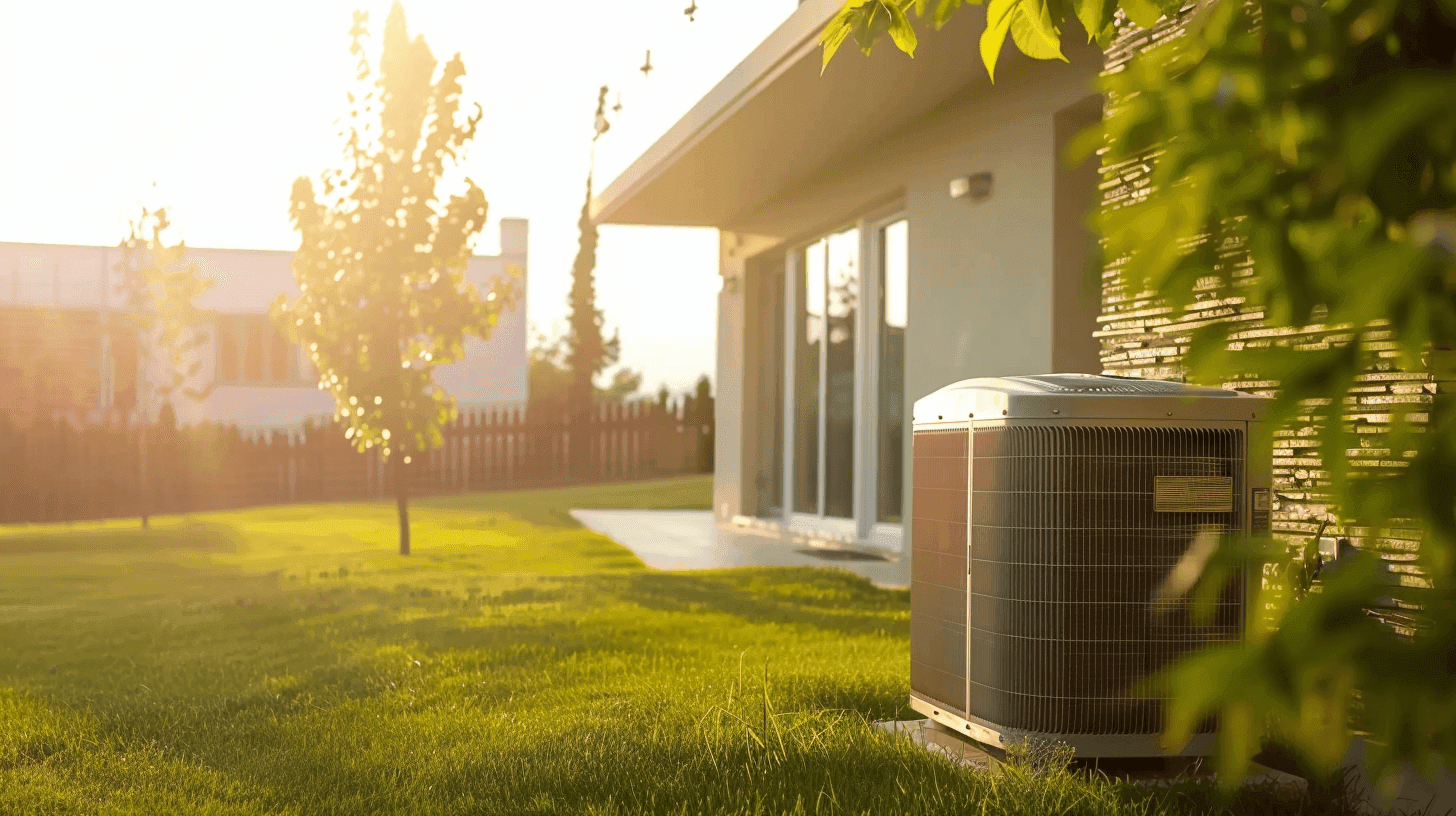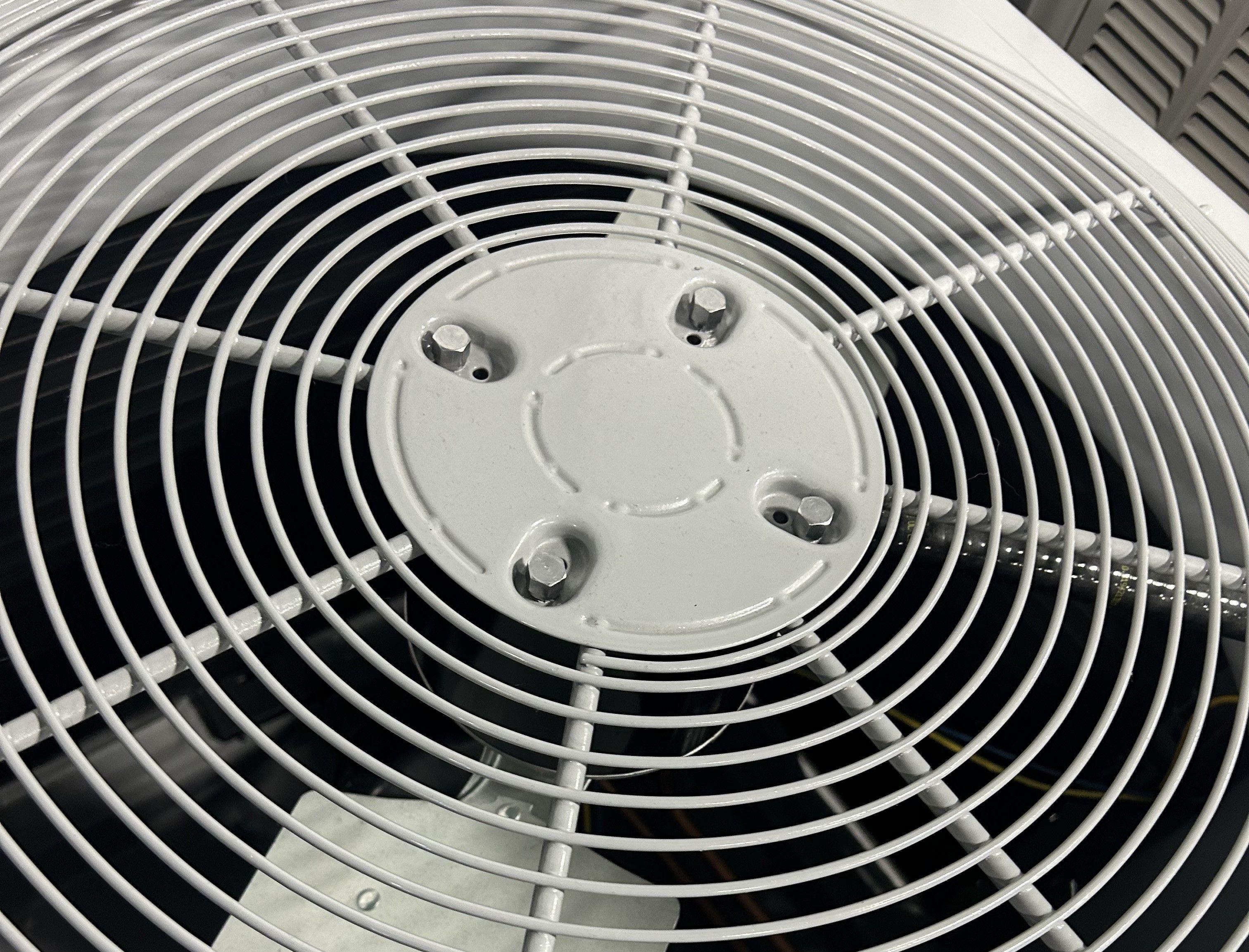
What Is an Evaporator Coil, and How Does It Work?
Sharing your quote takes less than a minute

Of all of the components that make up a central air conditioning system, few are as crucial as the evaporator coil. Located within the indoor unit, the evaporator coil plays a pivotal role in the cooling process by absorbing heat from indoors.
In this comprehensive guide, HVAC.com explores the ins and outs of evaporator coils, covering their functionality, key signs indicating the need for replacement, and maintenance requirements to ensure optimal performance and longevity.
What to Understand About AC Evaporator Coils
Let’s break down how an AC evaporator coil works. The evaporator coil operates by absorbing heat from indoor air, which is then transferred to the refrigerant flowing through the coil. This process causes the refrigerant to evaporate into a gas, allowing it to carry the heat to the outdoor unit where it is released outside, resulting in the cooling of your home.
The evaporator coil also dehumidifies your home by removing excess moisture from the air, keeping humidity levels within the recommended range of 30-50%. As warm air passes over the coil’s cold surface, water vapor condenses on the coil and is collected and drained away.
Evaporator Coil Maintenance Requirements
Over time, the evaporator coil can collect dirt, dust and other debris which decreases the available surface area for heat exchange, reducing the air conditioner’s efficiency. The increased workload can cause higher energy bills and system wear and tear which can result in expensive repairs or premature system replacement.
To maintain optimal performance, your AC evaporator coil should be maintained at least once a year, ideally in the spring before you start using the AC regularly. During an AC tune-up, a qualified technician will clean the AC evaporator coil by carefully removing dust and debris using specialized cleaning solutions and equipment.
Signs Your Evaporator Coil Needs to Be Replaced
Although maintenance can resolve some issues with your evaporator coil, most issues require replacement. Common signs that indicate you should contact a professional HVAC contractor to inspect your evaporator coil include:
- Insufficient Airflow: A malfunctioning or broken evaporator coil can cause your air conditioner to struggle to maintain the correct temperature in your home. If you notice weak airflow coming from your vents – or no airflow at all – contact an HVAC company to inspect the coil. They can determine whether the coil is dirty and needs to be cleaned, or if a more serious issue is at play that could result in evaporator coil replacement.
- Short Cycling. AC short cycling, which causes the system to cycle on and off too frequently without properly cooling your home, is another possible sign your evaporator coil is compromised. A typical AC cycle lasts about 15-20 minutes.
- Strange Odors or Sounds: Unusual smells or noises could signal potential issues with the evaporator coil or other components of your HVAC system.
- Coil Corrosion: Visible signs of corrosion suggest deterioration and require quick attention from a professional to prevent further damage to the system.
- Frequent Water Leaks: A frozen evaporator coil can be a sign of reduced airflow, a refrigerant leak, or a malfunctioning fan motor. If your evaporator coil is frequently freezing up, it could signal that the coil needs to be replaced.
Should You Replace Just the Evaporator Coil or the Entire Air Conditioning System?
The evaporator coil is intended to last for the lifespan of your entire air conditioning system, which typically ranges from 15 to 20 years. However, the aforementioned factors may lead to premature replacement, prompting homeowners to weigh the options between replacing only the evaporator coil or investing in a new air conditioning system altogether.
Reasons to Replace the Evaporator Coil Only
Factors such as coil corrosion, persistent leaks, or damage to the evaporator coil can affect its efficiency and effectiveness. If your air conditioner is under eight years old and still covered by a warranty, replacing just the evaporator coil may be the right option. In such cases, the outdoor portion of your air conditioning system may have 5-10 more years of useful life, sparing the need for a complete unit replacement.
Reasons to Replace the Entire Air Conditioning System
While replacing the evaporator coil alone may seem like a cost-effective solution, it’s wise to consider replacing the coil and the outdoor unit based on the following circumstances:
- Compatibility. It can be difficult to find a new evaporator coil that’s compatible with an older AC unit. Aligning these components ensures smooth operation and performance, reducing the chances of problems stemming from mismatched equipment.
- System Age. If the evaporator coil needs replacement and your air conditioner is over 8 years old, it’s typically best to replace both components simultaneously, as the system is already halfway through its expected lifespan. Replacing just the evaporator coil would be similar to installing a new engine into a vehicle nearing the end of its lifespan.
- Warranty Coverage. If your air conditioner is no longer under warranty, you’ll be responsible for any repair or replacement expenses, making it wise to consider replacing the entire AC system. New systems feature warranties that offer coverage against unforeseen repairs or malfunctions during a certain period of time, typically 5-10 years.
- Efficiency. If your current air conditioner is old and inefficient, it likely needs to be replaced in the next couple of years anyway. Opting for a high-efficiency system can decrease energy costs and minimize your home’s environmental impact.
Cost Considerations
The cost of replacing just an AC evaporator coil ranges from $500 to $2,000, depending on factors such as the brand, AC size, installation costs, and more. Meanwhile, the average cost of installing a 3-ton AC unit in a 2,000-square-foot-home is about $5,750.
Sharing your quote takes less than a minute




